Ukhiya June 20,(V7N)- Despite nearly seven years passing since they left their country, the Rohingya residing in the Ukhiya-Teknaf camps in Cox's Bazar continue to face uncertainty regarding their repatriation. Clashes between Myanmar's military junta and the rebel group Arakan Army have put the Rohingya in a precarious position as they struggle to protect their existence. The ongoing situation in Myanmar has left the Rohingya filled with anxiety and apprehension.
Today, June 20th, marks World Refugee Day. While the day is being observed with due solemnity worldwide, the dreams of the Rohingya in Cox's Bazar of returning to their homeland are becoming increasingly unattainable.
At the end of the seventh year, nearly 1.2 million Rohingya, the majority of whom fled to Bangladesh in 2017 to escape persecution by Myanmar's military junta, find themselves in extreme uncertainty due to the ongoing conflict in their homeland.
Since February 2024, there has been fierce fighting between the junta and the Arakan Army in Rakhine State, near the Bangladesh border. A large part of the state, including areas populated by Rohingya, is under the control of the Arakan Army. Many Rohingya in those areas have been displaced, and numerous homes of the Muslim community have been set on fire. In such a situation, many Rohingya are worried about the prospects of a safe and dignified return to their homeland.
Mohammad Hossain, a resident of Camp-1, expressed his desire for recognition and dignified repatriation as Rohingya. However, given the current severe conflict in their country, where their relatives and fellow community members are in grave danger, he is unsure how repatriation will be achieved.
Another resident of Camp-1, Maulana Abdul Hamid, stated, "We are very grateful that the Bangladesh government has provided us with safe shelter. However, we do not want to remain as refugees in Bangladesh. We seek dignified repatriation because we feel our lives are stuck in this dense camp."
Mohammad Zubair, Chairman of the Arakan Rohingya Society for Peace and Human Rights (ARSPH), stated that they wish to repatriate under an agreement with the junta government, not the Arakan Army. Without an agreement with the junta government, any such agreement would be invalid.
This Rohingya leader expressed distrust towards the Arakan Army, saying, "We want to return to our country with the dignity and recognition of our ethnic identity."
Professor Dr. Rahman Nasir Uddin, a refugee expert and an anthropology professor at Chittagong University, believes that the future will be even more challenging for the Rohingya. If the Arakan Army continues to hold parts of Rakhine State, there is doubt whether the Rohingya will ever get back their homeland.
He explained, "The ongoing military conflict in Myanmar is creating a terrifying situation for the residents there. Even if a new democratic government comes to power, I don't see any immediate prospects of the Rohingya being repatriated overnight. Whether the military junta falls and a democratic government is established, or the junta remains in power, I don't think nearly 1.3 million Rohingya will return to Myanmar overnight."
On August 25, 2017, the Rohingya exodus from Myanmar's Rakhine State began as they fled to Bangladesh to escape persecution by the Myanmar military. Within a few months, over 750,000 Rohingya sought refuge in the Ukhiya-Teknaf area of Cox's Bazar, where approximately 400,000 Rohingya were already living in camps. The number continued to rise. Despite repeated discussions at the international level about repatriating more than 1.2 million Rohingya, progress towards implementation has not been made.
END/V7N/SMQ/DK/



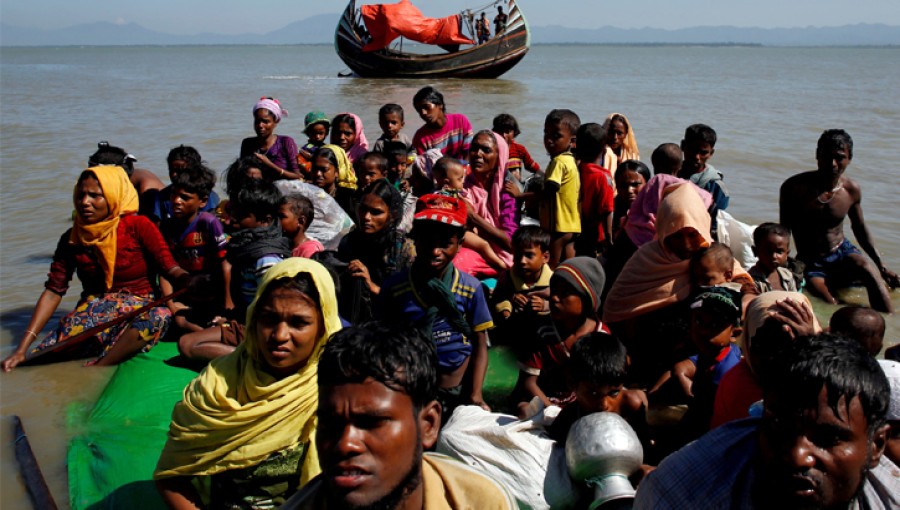







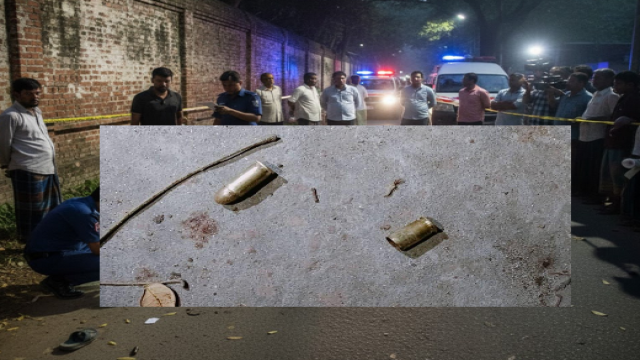
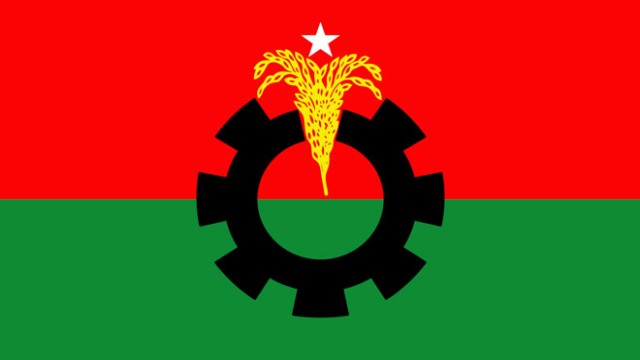
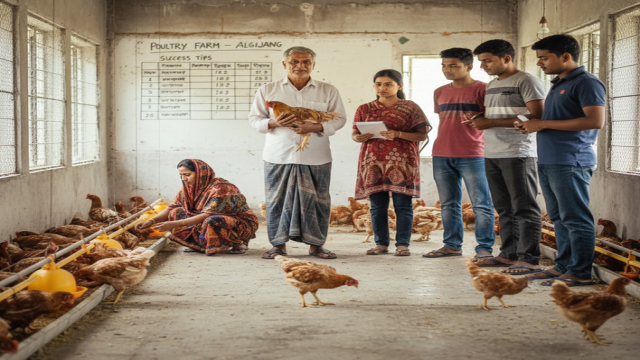



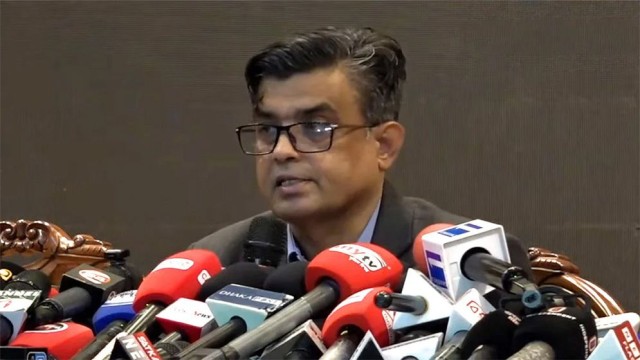

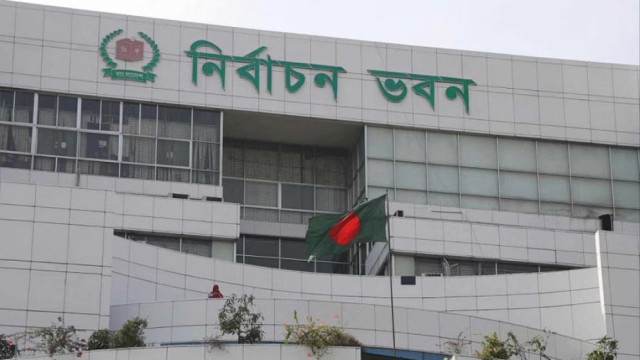










Comment: